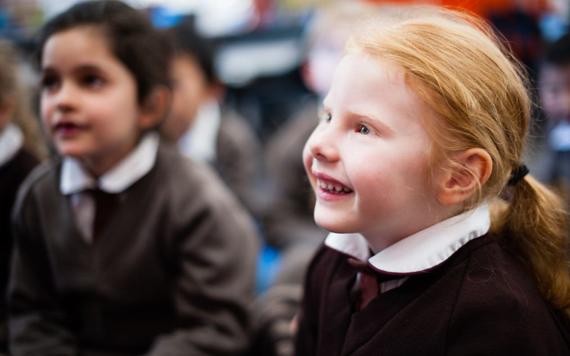Becoming
Children’s identities, knowledge, understandings, capacities, skills and relationships change during their childhood years.
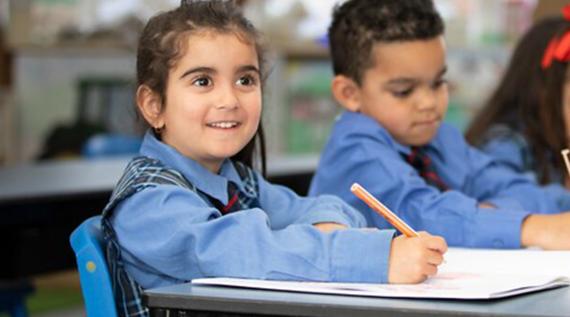
Being
Childhood is a time be, to seek and make meaning of the world. Children are experiencing what is happening now in the present.
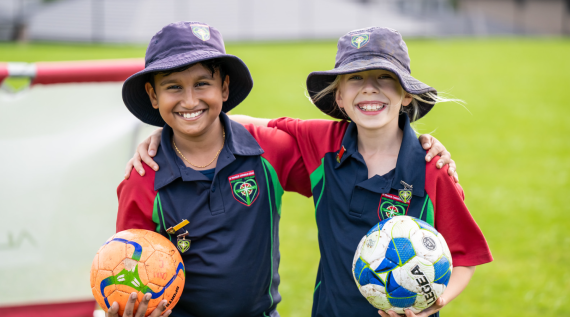
Belonging (Diverse Learning)
Feeling valued and a deep sense of belonging is critical to a child’s success at school and life.
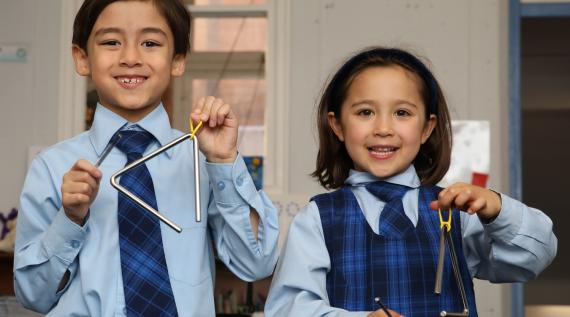
Transition (Diverse Learning Needs)
Every child will experience their own unique journey when starting school.
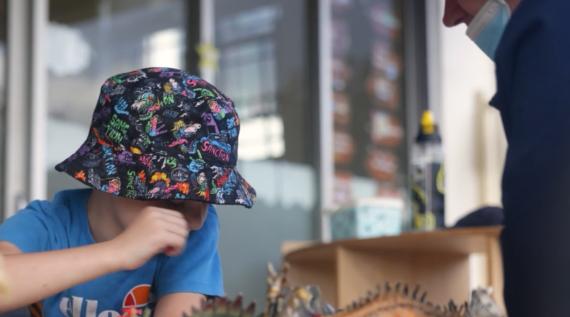
Literacy & Numeracy
The way young children take in information, make sense of things, understand and learn is not the same as for children of older ages.
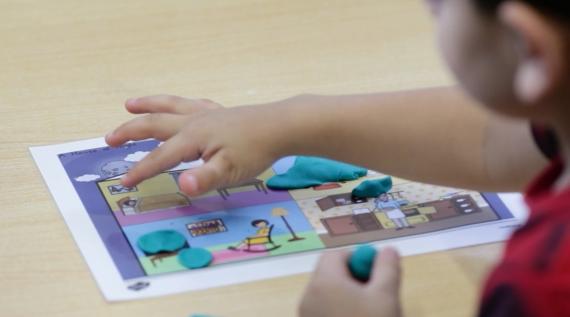
Receiving a diagnosis
God loves every person infinitely. ‘Life and physical health are gifts entrusted to us by God and it is everyone’s responsibility to not only take care of oneself but also look to the needs of others.
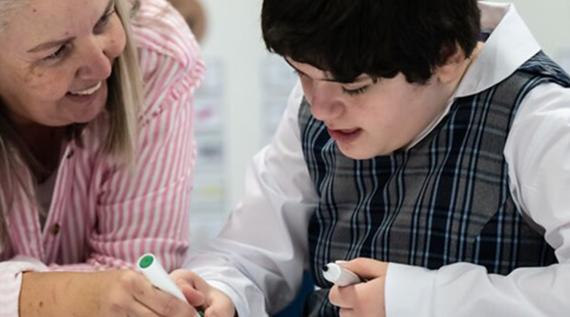
"Wonder is the desire for knowledge."
St Thomas Aquinas
